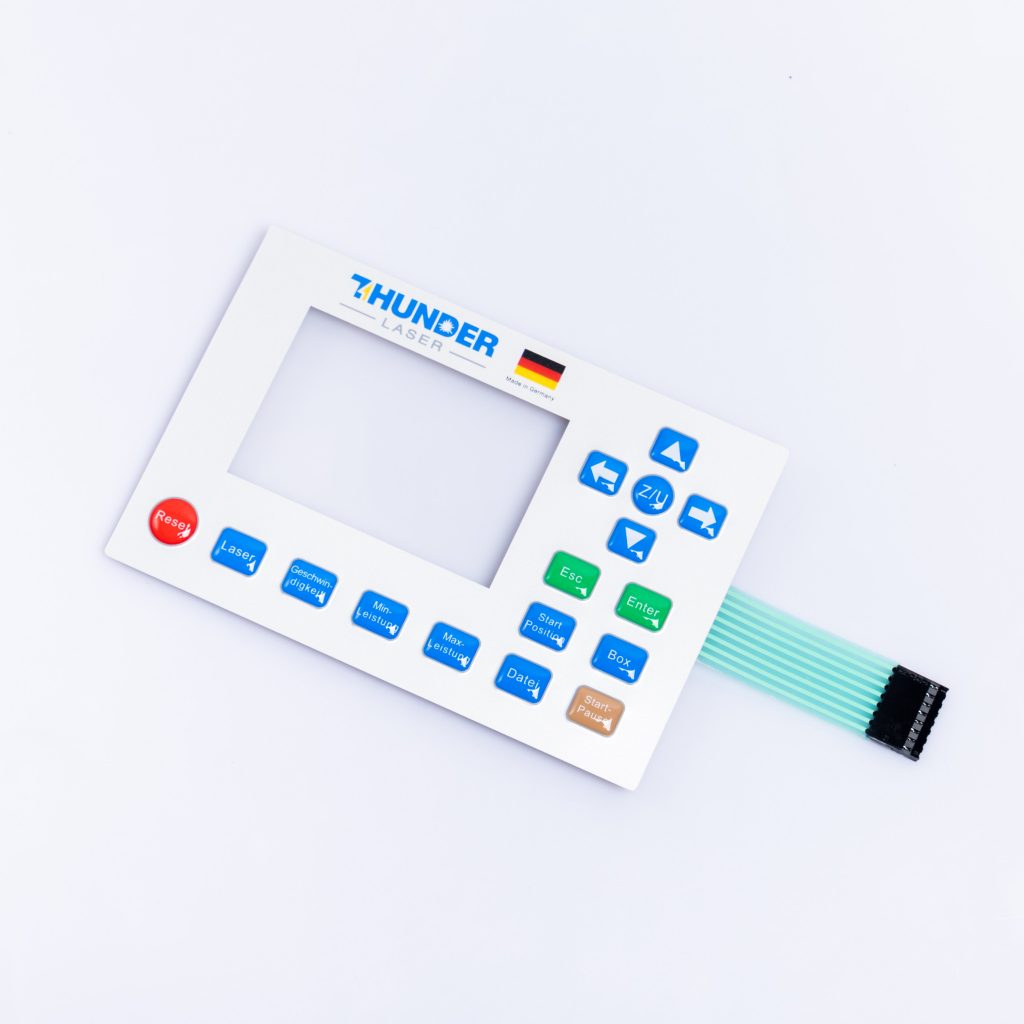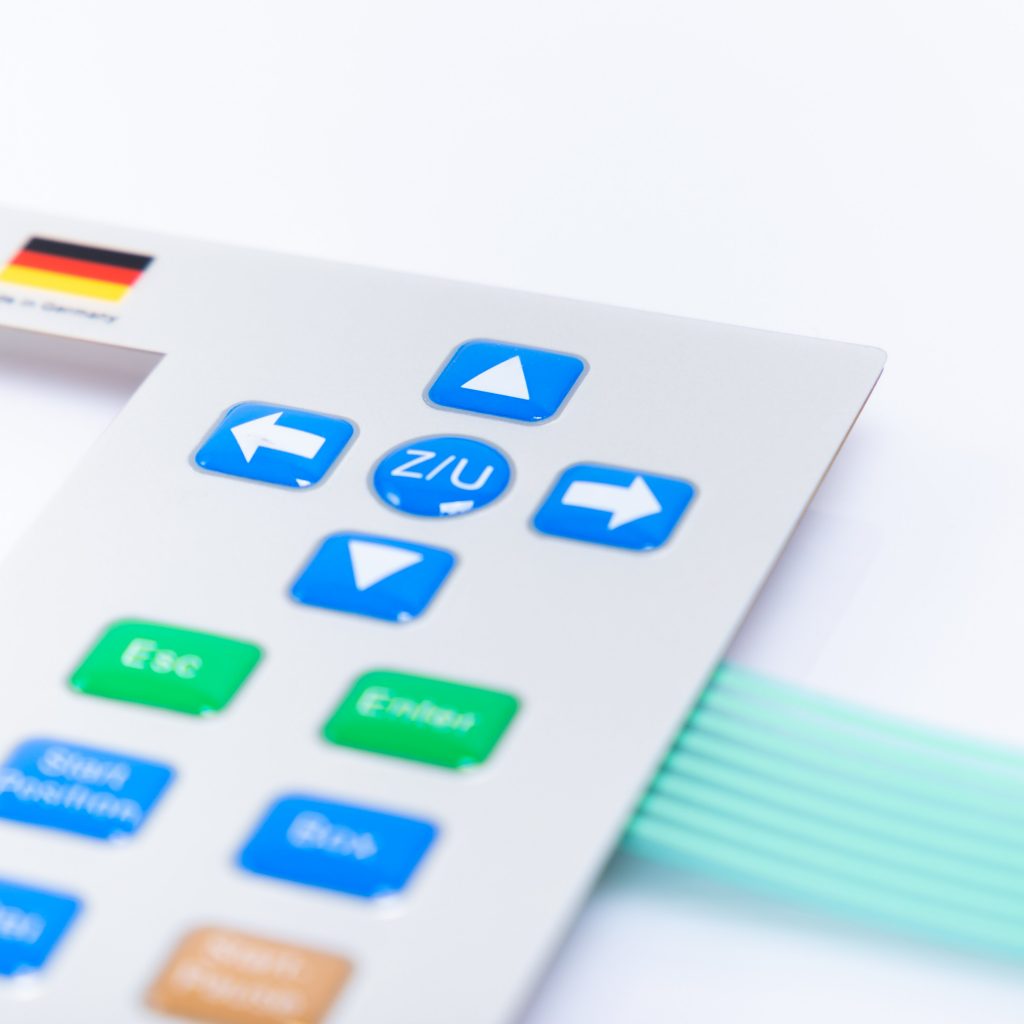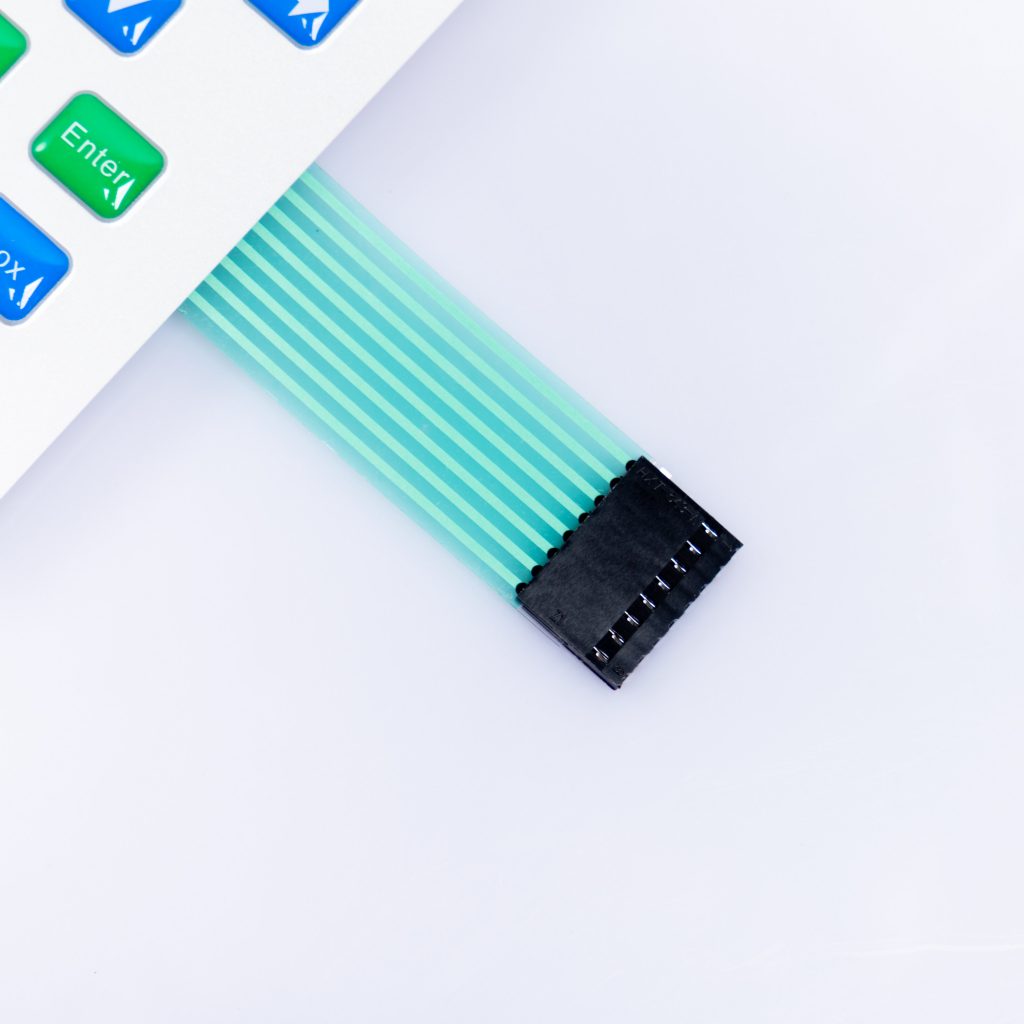Contact
Write to Us And We Would Be Happy to Advise You.
Do you have any questions, or would you like to speak directly with a representative?
By hqt
In the world of electronics, the PCB (Printed Circuit Board) membrane switch plays a crucial role in providing a reliable and user-friendly interface for various devices and equipment. One of the essential aspects of manufacturing a PCB membrane switch is the welding wire packaging, which involves the use of glue. But why exactly does the PCB membrane switch use glue for welding wire packaging? In this article, we will explore the reasons behind this practice and delve into the benefits it offers.



The use of glue for welding wire packaging in the PCB membrane switch serves several important purposes. Let’s take a closer look at each of these reasons:
1. Secure Connection
The primary reason for using glue in the welding wire packaging of a PCB membrane switch is to ensure a secure connection between the wires and the switch. Glue acts as an adhesive that firmly holds the wires in place, preventing them from becoming loose or detached during operation. This is crucial for maintaining the integrity and functionality of the membrane switch, especially in devices that are subject to vibration or movement.
2. Enhanced Durability
By using glue for welding wire packaging, the PCB membrane switch gains enhanced durability. The adhesive properties of the glue create a strong bond between the wires and the switch, increasing the overall robustness of the assembly. This is particularly important in applications where the switch is exposed to harsh environments or undergoes frequent use.
3. Protection Against Moisture and Contaminants
Glue provides a protective barrier against moisture and contaminants that could potentially damage the PCB membrane switch. The adhesive seals the connection points, preventing the ingress of water, dust, or other foreign substances. This protection ensures the long-term reliability of the switch, even in challenging operating conditions.
4. Improved Electrical Performance
The use of glue in welding wire packaging helps to optimize the electrical performance of the PCB membrane switch. The adhesive creates a stable and low-resistance connection between the wires and the switch, minimizing the potential for signal loss or interference. This is particularly important in high-frequency or sensitive applications where signal integrity is critical.
5. Ease of Manufacturing
Glue provides a convenient and efficient method for the manufacturing process of PCB membrane switches. It allows for precise and reliable wire placement, ensuring consistent and accurate connections. The use of glue eliminates the need for complex soldering techniques, reducing the production time and cost associated with the assembly process.
6. Flexibility in Design
The use of glue for welding wire packaging offers flexibility in the design of PCB membrane switches. Unlike soldering, which requires specific wire and pad configurations, glue can accommodate various wire arrangements and shapes. This flexibility allows for more versatile and customized switch designs, catering to the specific requirements of different applications.
FAQ 1: Is glue the only method for welding wire packaging in PCB membrane switches?
No, while glue is commonly used for welding wire packaging in PCB membrane switches, there are alternative methods available. These include soldering and conductive adhesives, which may be suitable for certain applications based on specific requirements.
FAQ 2: Does the use of glue affect the repairability of PCB membrane switches?
The use of glue for welding wire packaging in PCB membrane switches can make repairs more challenging. The adhesive bond created by the glue may require additional effort to disassemble and rework the switch. However, skilled technicians can still perform repairs with proper tools and techniques.
FAQ 3: Can glue cause any negative effects on the functionality of a PCB membrane switch?
If used improperly or in excessive amounts, glue can potentially interfere with the functionality of a PCB membrane switch. It is important to follow manufacturer guidelines and use the appropriate type and quantity of glue to ensure optimal performance.
FAQ 4: Are there any alternatives to glue that offer similar benefits for welding wire packaging?
Yes, conductive adhesives are an alternative to glue for welding wire packaging in PCB membrane switches. These adhesives provide similar benefits in terms of secure connections, durability, and protection against moisture and contaminants.
FAQ 5: Does the use of glue affect the overall cost of manufacturing PCB membrane switches?
The use of glue for welding wire packaging in PCB membrane switches generally contributes to cost savings in manufacturing. Glue is typically less expensive than alternative methods like soldering, and it simplifies the assembly process, reducing labor and equipment costs.
FAQ 6: Can glue be used for all types of wires in PCB membrane switches?
Glue can be used for a wide range of wire types in PCB membrane switches, including both solid and stranded wires. However, it is essential to consider the specific characteristics and compatibility of the glue with the wire materials to ensure proper adhesion and long-term reliability.
In conclusion, the use of glue for welding wire packaging in PCB membrane switches offers several advantages, including secure connections, enhanced durability, protection against moisture and contaminants, improved electrical performance, ease of manufacturing, and design flexibility. Despite the availability of alternative methods, glue remains a popular choice due to its reliability, cost-effectiveness, and compatibility with various wire types. By understanding the reasons behind the use of glue, manufacturers and users can appreciate its importance in ensuring the optimal performance and longevity of PCB membrane switches.
Do you have any questions, or would you like to speak directly with a representative?